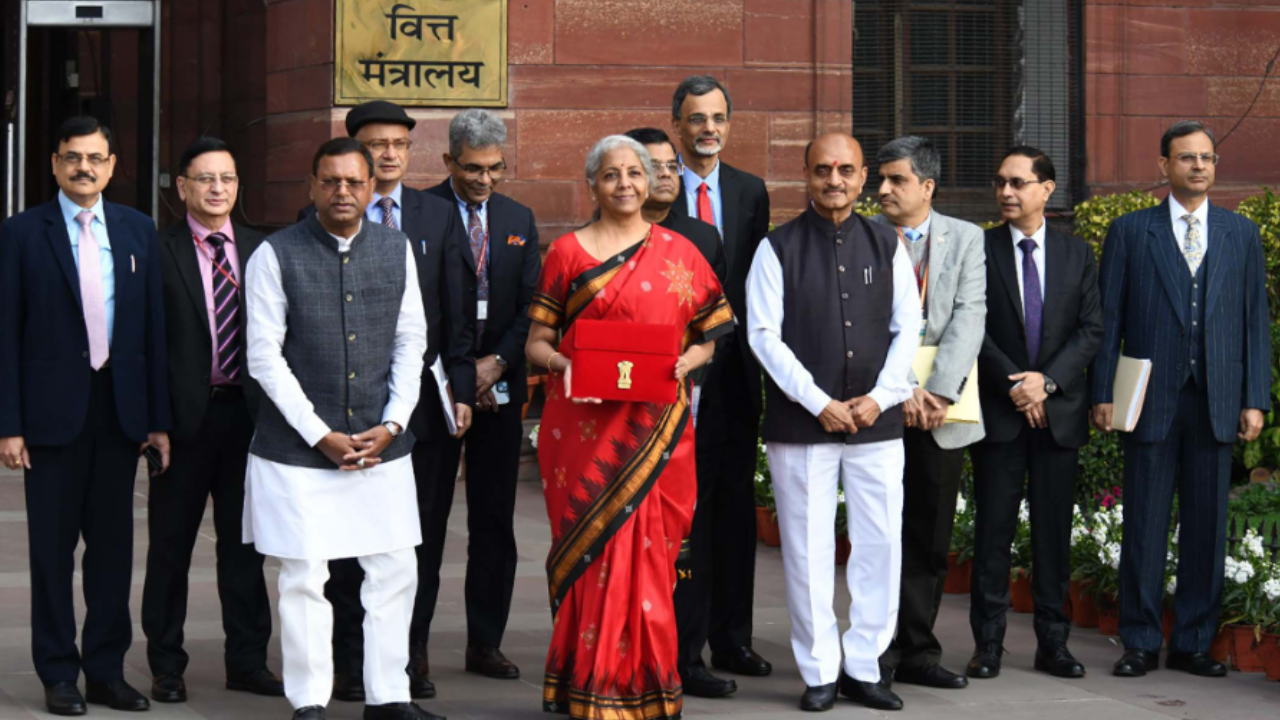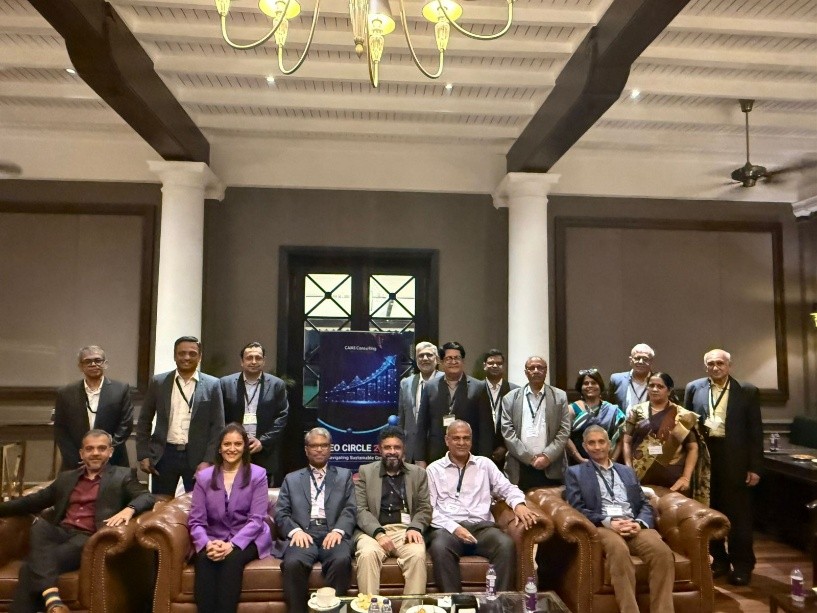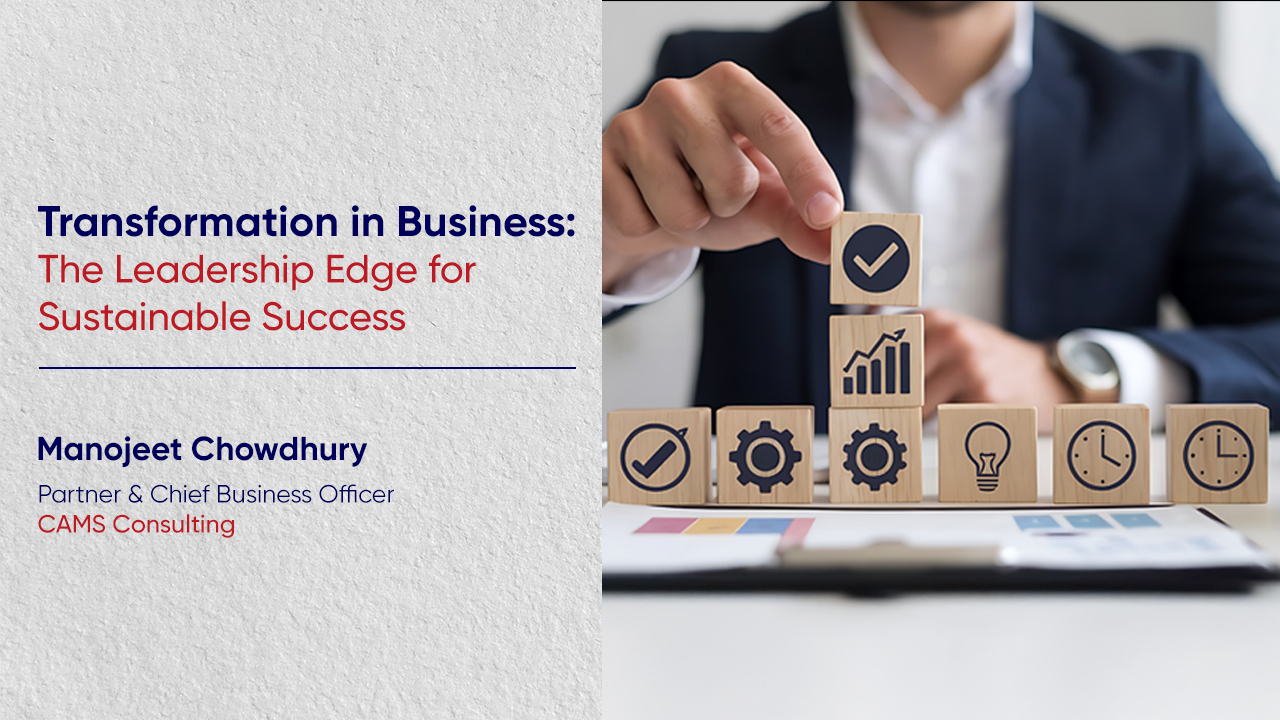Union Budget 2023-24 Presents Blueprint for an Empowered and Inclusive Economy
#Union Budget #Budget #NirmalaSitharaman #FinanceMinister“In the 75th year of India’s Independence, the World has recognized the Indian Economy as a ‘bright star’ as the Economic Growth is estimated at 7 per cent, which is the highest among all major economies, in spite of the massive global slowdown caused by COVID-19 and Russia-Ukraine War.” - Union Minister for Finance & Corporate Affairs Nirmala Sitharaman

February 2023: In the 75th year of India’s Independence, the World has recognized the Indian Economy as a ‘bright star’ as the Economic Growth is estimated at 7 per cent, which is the highest among all major economies, in spite of the massive global slowdown caused by COVID-19 and Russia-Ukraine War. This was stated by Union Minister for Finance & Corporate Affairs Nirmala Sitharaman, while presenting the Union Budget 2023-24 in Parliament on 1 February 2023. She emphasized that the Indian economy is on the right track, and despite a time of challenges, heading towards a bright future.
Ms Sitharaman said that this Budget hopes to build on the foundation laid in the previous Budget, and the blueprint drawn for India@100, which envisions a prosperous and inclusive India, where the fruits of development reach all regions and citizens.
Resilience amidst multiple crises
The Finance Minister (FM) said that India’s rising global profile is due to several accomplishments like unique World Class Digital Public Infrastructure namely, Aadhaar, Co-Win and UPI; Covid-19 vaccination drive in unparalleled scale and speed; proactive role in frontier areas such as achieving the climate related goals, mission LiFE, and National Hydrogen Mission
G20 Presidency: Steering the global agenda through challenges
The FM pointed out that in these times of global challenges; the G20 Presidency gives India a unique opportunity to strengthen its role in the world economic order. With the theme of ‘Vasudhaiva Kutumbakam’, India is steering an ambitious, people-centric agenda to address global challenges, and to facilitate sustainable economic development, she added.
Vision for Amrit Kaal – an empowered and inclusive economy
The FM said that our vision for the Amrit Kaal includes a technology-driven and knowledge-based economy with strong public finances, and a robust financial sector and to achieve this, Jan Bhagidari through Sabka Saath Sabka Prayas is essential. She added that the economic agenda for achieving this vision focuses on three things and those are facilitating ample opportunities for citizens, especially the youth, to fulfil their aspirations, secondly, providing strong impetus to growth and job creation and finally to strengthen macro-economic stability.
The FM listed seven priorities of the Union Budget and said that they complement each other and act as the ‘Saptarishi’ guiding us through the Amrit Kaal. They are as follows: 1) Inclusive Development 2) Reaching the Last Mile 3) Infrastructure and Investment 4) Unleashing the Potential 5) Green Growth 6) Youth Power 7) Financial Sector
Centres of Excellence for Artificial Intelligence
The FM said that for realizing the vision of “Make A-I in India and Make A-I work for India”, three centres of excellence for Artificial Intelligence will be set-up in top educational institutions. Leading industry players will partner in conducting interdisciplinary research, develop cutting-edge applications and scalable problem solutions in the areas of agriculture, health, and sustainable cities, which will galvanize an effective A-I ecosystem and nurture quality human resources in the field.
National Data Governance Policy
The FM said that to unleash innovation and research by start-ups and academia, a National Data Governance Policy will be brought out, which will enable access to anonymized data.
She also announced that an Entity DigiLocker will be set up for use by MSMEs, large business and charitable trusts for storing and sharing documents online securely, whenever needed, with various authorities, regulators, banks and other business entities.
On 5G Services, she announced that one hundred labs for developing applications using 5G services will be set up in engineering institutions to realize a new range of opportunities, business models, and employment potential. The labs will cover, among others, applications such as smart classrooms, precision farming, intelligent transport systems, and health care applications.
Green Growth
She said, this Budget builds on the focus on green growth. The recently launched National Green Hydrogen Mission, with an outlay of Rs 19,700 crores, will facilitate transition of the economy to low carbon intensity, reduce dependence on fossil fuel imports, and make the country assume technology and market leadership in this sunrise sector. The target is to reach an annual production of 5 MMT by 2030.
Investments towards energy transition: The Budget also provides Rs35,000 crore for priority capital investments towards energy transition and net zero objectives, and energy security by the Ministry of Petroleum & Natural Gas.
The FM said that to steer the economy on the sustainable development path, Battery Energy Storage Systems with capacity of 4,000 MWH will be supported with Viability Gap Funding.
She also informed that the Inter-state transmission system for evacuation and grid integration of 13 GW renewable energy from Ladakh will be constructed with investment of Rs 20,700 crore including central support of Rs 8,300 crore.
Smt. Nirmala Sitharaman announced that 500 new ‘waste to wealth’ plants under GOBARdhan (Galvanizing Organic Bio-Agro Resources Dhan) scheme will be established for promoting a circular economy. These will include 200 compressed biogas (CBG) plants, including 75 plants in urban areas, and 300 community or cluster-based plants at a total investment of Rs 10,000 crore. She said, in due course, a 5 per cent CBG mandate will be introduced for all organizations marketing natural and biogas and for collection of bio-mass and distribution of bio-manure, appropriate fiscal support will be provided.
Adequate funds to scrap old vehicles: The FM said that in furtherance of the vehicle scrapping policy mentioned in Budget 2021-22, she has allocated adequate funds to scrap old vehicles of the Central Government and States will also be supported in replacing old vehicles and ambulances.
Focus on skilling
The FM also announced that Pradhan Mantri Kaushal Vikas Yojana 4.0 will be launched to skill lakhs of youth within the next three years. On-job training, industry partnership, and alignment of courses with needs of industry will be emphasized. The scheme will also cover new age courses for Industry 4.0 like coding, AI, robotics, mechatronics, IOT, 3D printing, drones, and soft skills. She also announced that to skill youth for international opportunities, 30 Skill India International Centres will be set up across different States.
Credit Guarantee for MSMEs
The FM said that last year, she proposed revamping of the credit guarantee scheme for MSMEs and announced happily that the revamped scheme will take effect from 1st April 2023 through infusion of Rs 9,000 crore in the corpus. This will enable additional collateral-free guaranteed credit of Rs 2 lakh crore. Further, the cost of the credit will be reduced by about one percent.
The FM said that a National Financial Information Registry will be set up to serve as the central repository of financial and ancillary information. This will facilitate efficient flow of credit, promote financial inclusion, and foster financial stability. A new legislative framework will govern this credit public infrastructure, and it will be designed in consultation with the RBI.
She also announced that a Central Processing Centre will be set up for faster response to companies through centralized handling of various forms filed with field offices under the Companies Act.
Indirect Tax Proposals
The indirect tax proposals announced in the budget by the Union Minister for Finance & Corporate Affairs, the FM emphasized on simplification of tax structure with fewer tax rates so as to help in reducing compliance burden and improving tax administration. The number of basic customs duty rates on goods, other than textiles and agriculture, has been reduced from 21 to 13. There are minor changes in the basic customs duties, cesses and surcharges on items including toys, bicycles, automobiles and naphtha.
To avoid cascading of taxes on blended compressed natural gas, excise duty on GST-paid compressed biogas contained in it has been exempted from excise duty. Customs duty exemption has been extended to import of capital goods and machinery required for manufacture of lithium-ion cells for batteries used in electric vehicles.
To further deepen domestic value addition in manufacture of mobile phones, the FM announced relief in customs duty on import of certain parts and inputs like camera lens. The concessional duty on lithium-ion cells for batteries will continue for another year. Basic customs duty on parts of open cells of TV panels has been reduced to 2.5 percent. The Budget also proposes changes in the basic customs duty to rectify inversion of duty structure and encourage manufacturing of electrical kitchen chimneys.
Denatured ethyl alcohol has been exempted from basic customs duty. Basic customs duty has also been reduced on acid grade fluorspar and crude glycerin. Duty is being reduced on key inputs for domestic manufacture of shrimp feed. Basic customs duty on seeds used in the manufacture of Lab Grown Diamonds has also been reduced. The import duty on silver dore, bars and articles has been increased to align them with that on gold and platinum. The basic customs duty rate on compounded rubber has been increased. National Calamity Contingent Duty on specified cigarettes has been revised upwards by about 16 percent. The basic customs duty on crude glycerin for use in manufacture of epicholorhydrin is proposed to be reduced from 7.5 percent to 2.5 percent.
Proposals relating to MSMEs
Describing MSMEs as growth engines of our economy, the Budget proposes enhanced limits for micro enterprises and certain professionals for availing the benefit of presumptive taxation. To support MSMEs in timely receipt of payments, the Budget allows deduction for expenditure incurred on payments made to them only when payment is actually made.
Cooperation
The Budget has a slew of proposals for the cooperative sector. New cooperatives that commence manufacturing activities till 31st March next year shall get the benefit of a lower tax rate of 15 percent. The Budget provides an opportunity to sugar cooperatives to claim payments made to sugarcane farmers for the period prior to assessment year 2016-17 as expenditure. A higher limit of Rs. 2 lakh per member has been provided for cash deposits to and loans in cash by Primary Agricultural Cooperative Societies and Primary Cooperative Agriculture and Rural Development Banks. The Budget proposes a higher limit of Rs. 3 crore for TDS on cash withdrawal for cooperative societies.
Start-ups
The Budget proposes to extend the date of incorporation for income tax benefits to start-ups from 31.03.2023 to 31.03.2024. It also provides the benefit of carry forward of losses on change of shareholding of start-ups from 7 years of incorporation to 10 years.
Amendments in CGST Act
The Budget provides for amending the CGST Act so as to raise the minimum threshold of tax amount for launching prosecution under GST from Rs. 1 crore to Rs. 2 crore, except for the offence of issuance of invoices without supply of goods and services or both. The compounding amount will be reduced from the present range of 50 to 150 percent of tax amount to the range of 25 to 100 percent. It will also decriminalize certain clauses of the Act like obstruction and preventing any officer from discharge of his duties, deliberate tampering of evidence or failure to supply the information.
Implications of tax changes
Announcing the changes in the direct and indirect taxes, the FM said that revenue of about Rs. 38,000 crore will be foregone as a result of these proposals, while revenue of about Rs.3,000 crore will be additionally mobilised. She said thus the total revenue foregone is about Rs.35,000 crore annually on account of these proposals.
NEWSLETTER
TRENDING ON PRO MFG
MORE FROM THE SECTION





.png)


